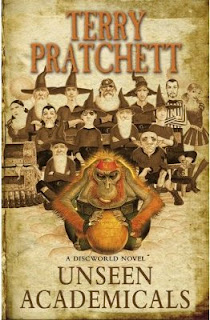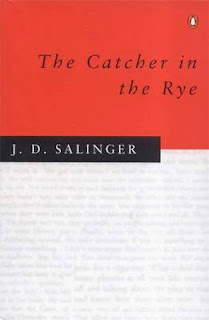A Fraction of the Whole

Has any prize done more damage to the medium it celebrates than the Booker Prize? Somehow, somewhen, it gave birth to the cliché of the unreadable "Booker book", a po-faced account of a middle-aged widowed playwright, say, who ventures into the mountains to discover that the secret of life is to renounce plot and spend your days in aimless introspection. In short, boring.
Much of the fault lies with the rules. Each publisher is allowed to submit no more than two books, which keeps the numbers manageable but also forces the publishers to second guess the judges. The obvious strategy is to submit the most portentous books they have - the Booker books. So the cliché feeds itself. And for as long as these monsters win the gongs, they send a clear message to would-be booklovers: literature isn't for the likes of you.
It comes as quite a surprise, then, to find that many Booker prizewinners are actually genuinely good books. And they can even be (whisper it) enjoyable to read. I first found this out when I picked up the 1996 winner, Last Orders, but the big revelation was with 2003's Vernon God Little. How could such a crazily brilliant story win? It felt like an overthrow of the establishment, the literary equivalent of getting H'Angus the Monkey elected mayor of Hartlepool.
The truth is less revolutionary. All depends on the judges. The class of 2003 were obviously an unstuffy lot, and voted accordingly. Looking back through the list of winners, it seems that this attitude is gradually becoming the rule rather than the exception. Merely glancing at the Wikipedia synopses of the 1970s winners is enough to induce a coma, whereas many of the more recent ones at least sound like they have the potential to be interesting. That's not to say they will all be God Littles; I didn't care much for the 2002 winner Life of Pi, for example, but at least it was a breezy read.
The secret I think is to choose carefully. Judge the Booker book by its cover. Read the blurb. Put your ear to the ground and listen to the drumming of the reviews. Good words to hear: hilarious, provocative, playful. Bad words: lyrical, meditative, demanding. Ugly words: flocculent, cinereal, velutinous.
A Fraction of the Whole is firmly on the side of good. Glancing down the 2008 shortlist, it leapt out at me like an attention-demanding youngest child. It's Steve Toltz's debut and it shows, but not in a bad way. It manifests itself as a palpable enthusiasm for the story, both in the plotting and his use of language.
First the plot. Judging by the reviews quoted in the inside covers, I'm duty bound to report that A Fraction of the Whole is over 700 pages long. That requires a lot of plot, and Toltz has an inexhaustible supply. Over the course of the book the focus shifts from Terry Dean, the would-be sporting star turned vengeful criminal, to his brother Martin, whose creative but loopy schemes for improving society always seem to backfire, to Martin's son Jasper, who has to cope with the fallout. If this was a Booker book, they'd probably spend the whole story moping around their home town, "the least desirable place to live in New South Wales". But it's better than that, so the town collapses under the tyranny of a suggestion box by the end of chapter one. Similar calamities befall the Dean family in Paris, Australia again, and Thailand. It's episodic, but the episodes are very cleverly developed and linked together.
I was planning to describe Toltz's prose style as an unending series of wisecracks, and demonstrate it by choosing a random page and pulling out a couple. But 15 random pages later I realise this doesn't work. It is very funny, but it's not a gag-reel, even if it might seem that way while reading it. The humour isn't grafted on either; it permeates the story thoroughly, and is continually surprising.
It's just as well there's so much humour, though, because the story would be seriously depressing without it. Martin's tale in particular is one of unending woe. But the misery and the humour combine to form a very satisfying whole, like a good Smiths song.
The only slight disappointment I can report concerns the narration. The story is alternately told by Martin and Jasper, as a lively mixture of anecdote, diary and autobiography. Their voices are both engaging but also very similar and I occasionally forgot who was doing the telling. Maybe it's excusable, as both are worried that the son is the reincarnation of the father, but it's a missed opportunity to present their differing traits through overtly different storytelling styles.
A Fraction of the Whole is a true epic, with space for philosophy and explosions and occasional dabs of the paranormal. I have no idea if it deserved to win in 2008 (I haven't read the other shortlisted books), but if this is any indication of the judges' taste, it might be worth finding out.
A Fraction of the Whole by Steve Toltz
First published 2008



Comments
Post a Comment